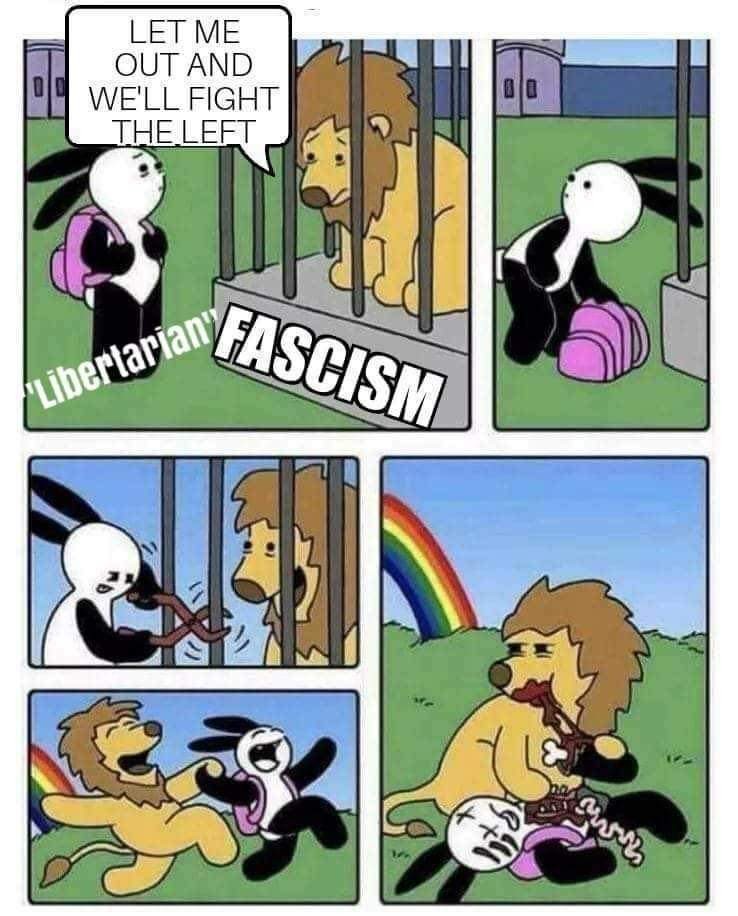Let’s look at capitalism through the lens of #dotcons (a term that plays on “dot-coms” with a critical twist).
- Commercialization of the Internet: Capitalism drives the commercialization of the #openweb and internet, where profit motives override basic humanist considerations such as community, autonomy, privacy and basic democratic values. The term “#dotcons” is a critique of how the internet has been taken by commercial interests, turning it into a marketplace to push aside its “native” public good.
- Exploitation of people: Digital platforms exploit users’ data and metadata and attention for profit. Companies like Facebook, Google, and Amazon collect vast amounts of personal data to sell targeted advertising and shape public behaver.
- Monopolization and Centralization: Tends to create monopolies or oligopolies, as the most evil companies buy out competitors and dominate markets. Today, a few large companies control significant portions of the market, stifling competition and ending innovation.
- Surveillance Capitalism: The #fahernistas term Surveillance Capitalism coined by Shoshana Zuboff describes an economic system centred around the commodification of personal data to use to manipulate behaviour and generate profits, reinforcing capitalist dynamics.
- Erasing the Public: The logic erodes the public sphere by pushing profitable content over informative or educational material. Algorithms designed to maximize engagement promote sensationalist and emotionally charged content, contributing to misinformation and polarization. This diminishing of the commons is a detrimental path of capitalism on digital discourse.
- Short-termism and Innovation Stagnation: In pursuit of immediate profits, capitalist enterprises prioritize short-term gains over humanistic paths, long-term innovation and ecological sustainability. A focus on quick, lucrative projects rather than any groundbreaking or socially beneficial innovations.
- Digital Divide: This exacerbate inequalities, including the digital divide. Access to technology and the internet is dictated by market forces, leaving disadvantaged communities behind.
“Capitalism is the logic of the #dotcons” shows how these paths have shaped the #openweb into a landscape to prioritize profit over public good, leading to the current mess of exploitation, centralization, surveillance, and inequality.
We have made a mess of the #openweb, we can’t keep being “prats about this” please, let’s try something different #OMN

